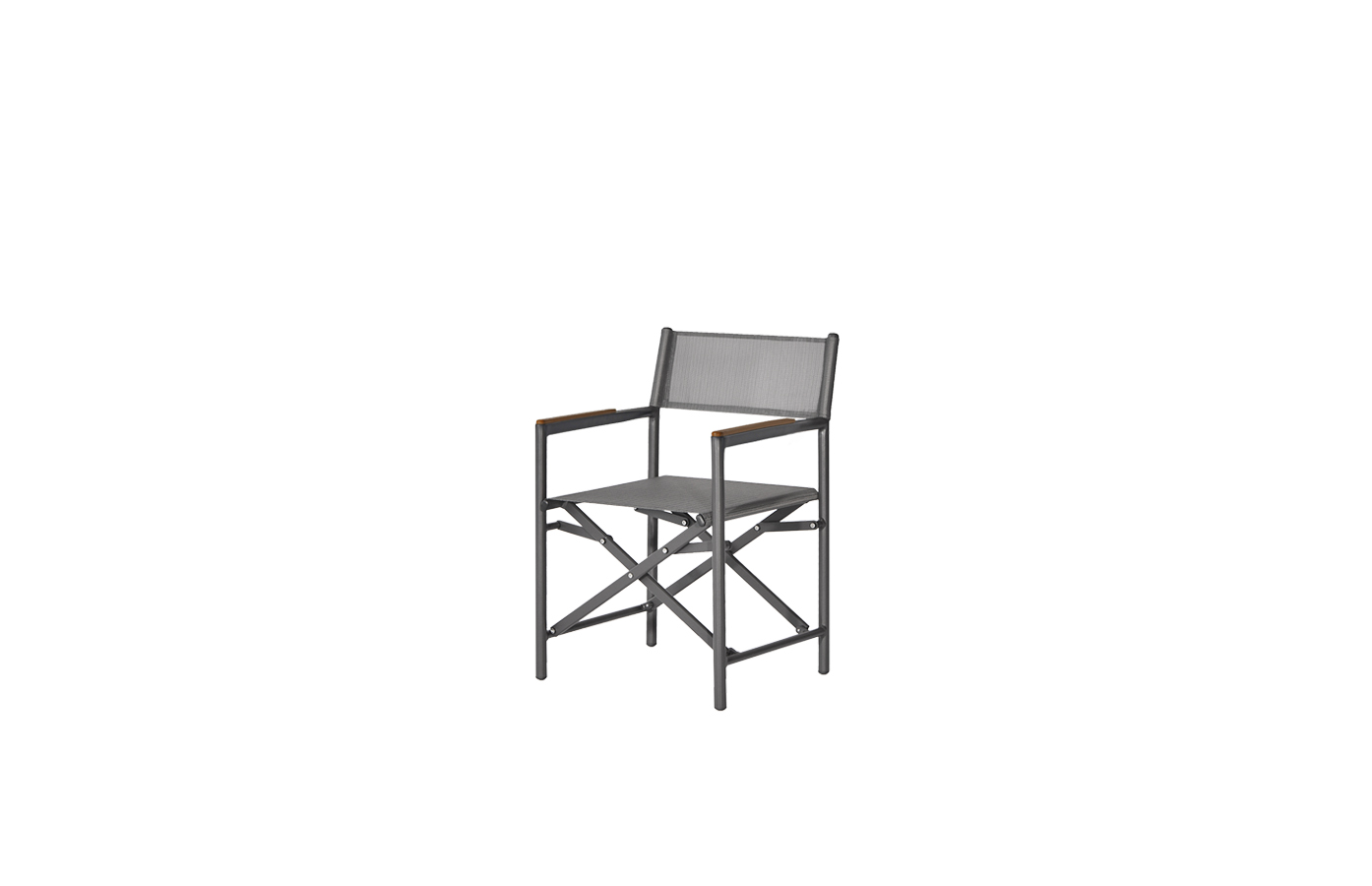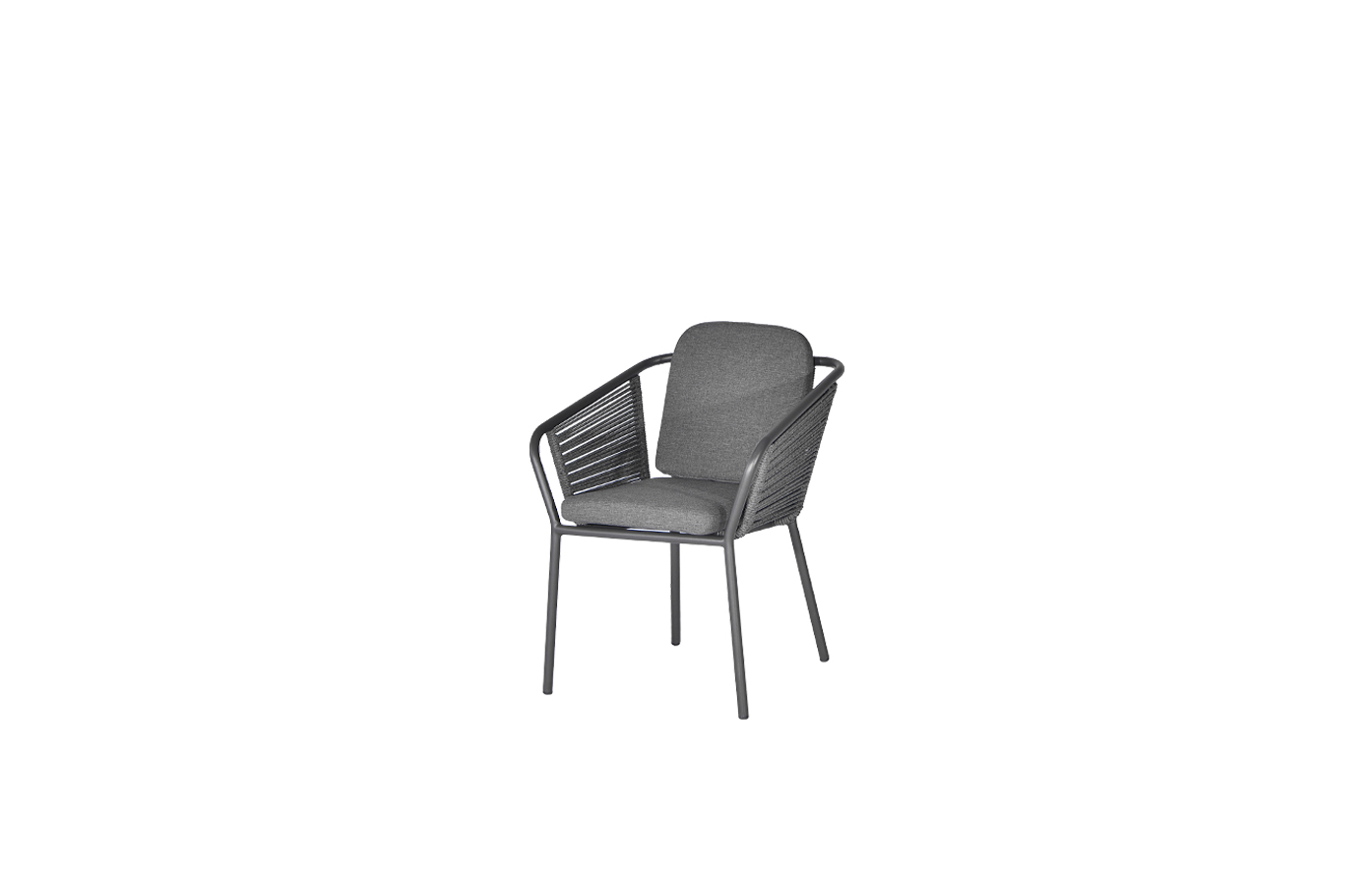Plastic has become an integral part of our daily lives, with handles made from this versatile material being particularly prevalent. From shopping bags and utensils to baby bottles and car doors, plastic handles are everywhere. However, the convenience and widespread use of plastic handles come at a grave cost to our environment. In this article, we will explore the various environmental consequences associated with our excessive use of plastic handles and discuss potential solutions to mitigate their impact.

The Environmental Consequences of Our Excessive Use of Plastic Handles
One of the most pressing concerns linked to plastic handles is their contribution to the ever-growing problem of plastic pollution. Plastic handles, like other plastic products, are not biodegradable. Instead, they break down into smaller microplastics that can persist in the environment for hundreds of years, posing a severe threat to wildlife and ecosystems. Marine creatures often mistake plastic handles for food, leading to ingestion and subsequent suffering or death. Additionally, the accumulation of plastic waste in bodies of water has detrimental effects on water quality and disrupts the natural balance of aquatic ecosystems.
Another significant environmental consequence of plastic handles is the extensive energy and resources required for their production. Plastics are primarily derived from fossil fuels, contributing to greenhouse gas emissions and climate change. Furthermore, the manufacturing process itself requires large amounts of water and energy, exacerbating our already strained natural resources. By reducing our consumption of plastic handles, we can alleviate the demand for their production, ultimately lessening the environmental impact.
Furthermore, the disposal of plastic handles poses significant challenges. Although recycling is an option, many plastic handles end up in landfills or as litter. Plastic waste buried in landfills releases harmful chemicals into the soil and can contaminate groundwater, further endangering plant and animal life. Moreover, when plastic handles are discarded as litter, they often find their way into rivers, ultimately reaching the ocean. The startling phenomenon of enormous floating garbage patches, predominantly consisting of plastic, is a testament to the gravity of the problem.

The Environmental Consequences of Our Excessive Use of Plastic Handles
To address the environmental consequences associated with plastic handles, it is essential to promote sustainable alternatives and encourage responsible consumption. Governments and industries need to invest in research and development for eco-friendly materials that can replace plastic handles without compromising their functionality. Biodegradable and compostable materials made from natural fibers or plant-based sources are potential alternatives worth exploring. Additionally, manufacturers can adopt cleaner production methods to minimize energy and water consumption, and consumers must be educated about the importance of reducing single-use plastic items.

The Environmental Consequences of Our Excessive Use of Plastic Handles
On an individual level, there are simple but impactful actions we can take to reduce our reliance on plastic handles. Opting for reusable bags made of cloth or other eco-friendly materials when shopping can significantly reduce the demand for plastic shopping bags with handles. A transition from plastic water bottles to reusable stainless-steel or glass bottles can help curb the vast amounts of plastic waste generated daily. By using alternative materials or forms of packaging, we can collectively contribute to a cleaner and healthier environment.
In conclusion, the excessive use of plastic handles has severe environmental consequences. From pollution and resource depletion to compromised ecosystems and wildlife, the impact is undeniable. Acknowledging the urgency of the situation, it is crucial for us as individuals, governments, and industries to prioritize sustainable solutions. By reducing our consumption, promoting alternatives, and adopting responsible practices, we can work towards a future that minimizes the detrimental effects of plastic handles on our planet. Garden Classics Outdoor Furniture
